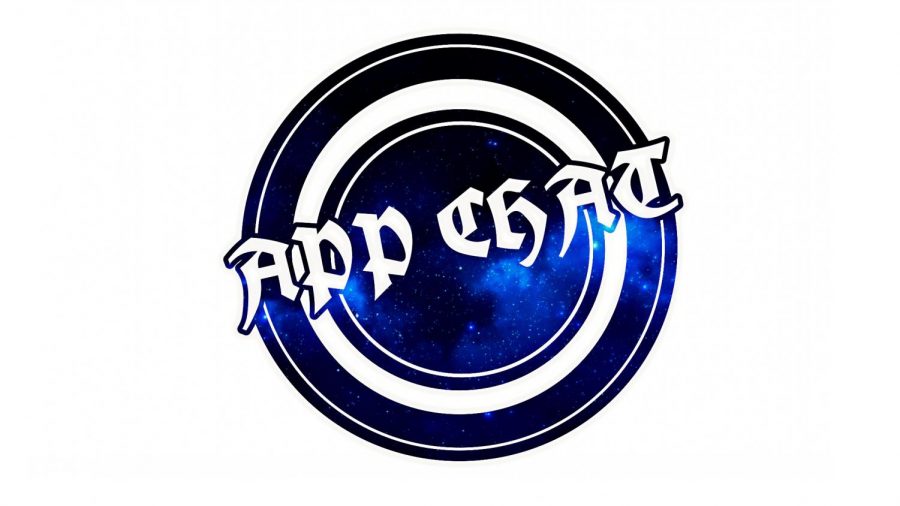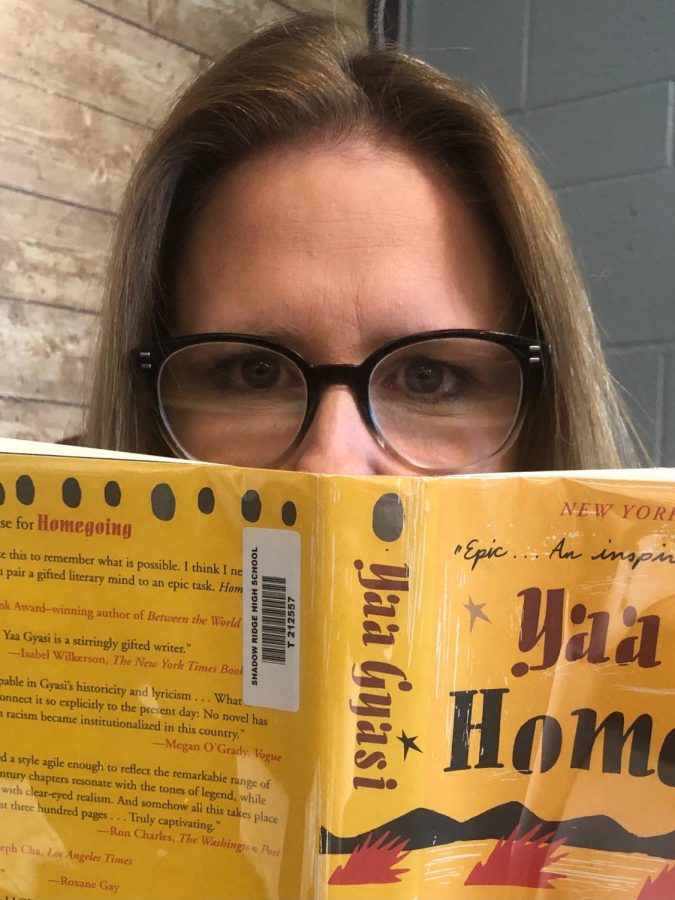Seasonal Depression

Photo Courtesy of: Google Images
Seasonal Depression
November 21, 2020
The clinical name for seasonal depression is Major Depressive Disorder with seasonal patterns and it is a type of depression connected to the changing seasons. It used to be known as seasonal affective disorder (SAD). SAD has been found to affect people who live further away from the equator (less sun on the East coast during the winter) and for people who have a history of depression or bipolar disorder. Symptoms of SAD include low energy, wanting to withdraw from friends and family, changes in appetite, and oversleeping.
Our circadian rhythm is a natural internal rhythm that is responsible for regulating our sleep-wake cycle which natural light helps to regulate. Studies have found that by getting less sunlight, our circadian rhythms will be disrupted. Natural light stimulates our retina which tells our brain to release melatonin which is responsible for producing a healthy sleep cycle. People who have seasonal depression have an exaggerated response to a lack of natural light which in turn leads to depression.
Unfortunately, COVID is contributing to the worsening of any type of depression including SAD. Here are some coping skills you can use to help you with SAD:
It is more important than ever to put your mental health first. You can start with the basics, pretend you are actually going to leave your house to go to school and take a shower, change your clothes, eat breakfast, or just make your bed. Small steps when you feel depressed are HUGE. Rituals also play a key role in helping with depression.
The first thing a mental health expert will look at is your sleep cycle. Not getting enough sleep or continuous sleep will cause problems with your energy level, eating, stress, depression, and anxiety. Try to go to bed and wake up at the same time and that you are getting at least 7 – 8 hours a night. Studies show that turning off your electronic device 30 minutes before bed allows your body to produce melatonin and for your circadian rhythm to kick in.
Get at least 10 – 30 minutes a day of natural sunlight. You can do this by walking around your block or walking your dog. If you can, sit next to a window while you are online at home.
Find time for exercise, even something as simple as a walk.
Find a quarantine safe hobby.
Connect with your friends and family. When you are depressed this goes against everything you want to do but study after study shows it is SO important to connect with people.
It’s ok to ask for help. There are treatments for people who struggle with seasonal depression.






